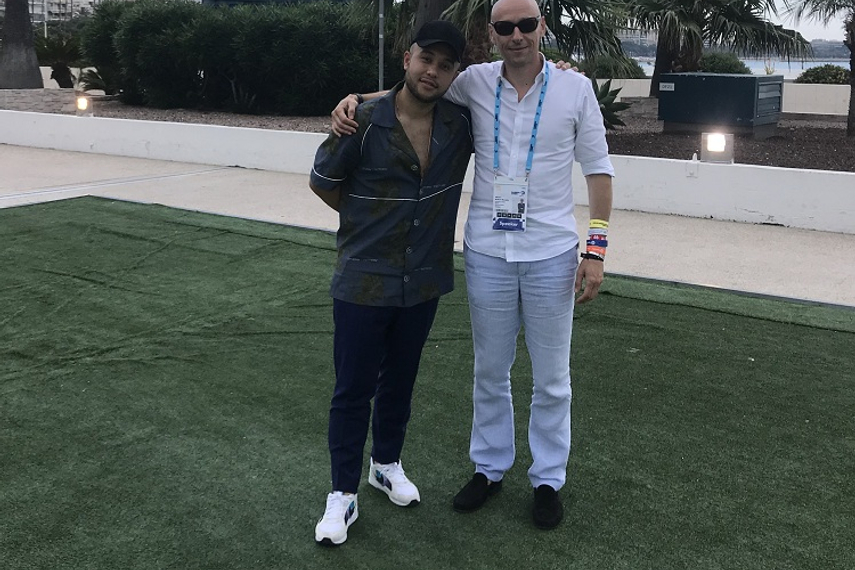
Diversity has been a buzz word around festivals like the Cannes Lions International Festival of Creativity. At the festival earlier this year we caught up with Jax Jones, a DJ, who comes from a diverse back ground of a Turkish father, a Malaysian mother and a Nigerian stepfather.
Along with a discussion with him about diversity and whether it has helped him with his creative content process, we also caught up with Universal Music Group’s global head of new business, Olivier Robert Murphy, to learn about the way ahead for branded content, the amalgamation of creative agencies and music companies, and a lot more.
Edited excerpts:
You were jury head last year and part of the jury the year before for the Entertainment Lions. India didn’t get an Entertainment Lion this year or last year. What would you attribute that to?
Olivier Robert Murphy (ORM): I remember we gave Gold last year to something coming from a country like Peru. It’s a very small country, but the idea was amazing. It was something called ‘Love Song from a Murderer’ and was a story of a song that became a massive hit from a big artist. Infact the lyrics were all written from a letter written by a man for his wife. He was apologising to her for beating her up. The creative idea was there.
Here, my learning is that we’re judging creativity. It’s not that India doesn’t have a creative idea. It’s about how to present it and explain to everyone why it’s a great idea.
BBH won a BAFTA last year, and inspires to win an Oscar. And Universal Music Group is trying to make its name at the Cannes Lions. Could we have a ‘traditional creative agency’ ruling entertainment and a music group ruling ‘creative awards’?
ORM: It’s all happening together now. If you think about it, music is in every single campaign. There’s no TV ad without music. It’s at its highest point and has to be a collaborative process.
Jax, in your session you spoke about how diversity helped you listen to different kind of music. Did it help with creativity in content too?
Jax Jones (JJ): From a discipline point of view it did help. My mom is a ‘tiger mom’. She was very much about ‘working harder in everything you do’, ‘make the best’ and this has helped my creative process. I walk into every situation thinking this.
There’s no real musical culture in China. My father who was Turkish left when I was quite young. So my main musical influence was from Nigeria, through my stepdad. He played a lot of music that I otherwise wouldn’t be aware of. It’s different from what was on the radio in the United Kingdom. I could pick stuff from that music by stepdad listened to.
How big a market for Universal Music Group is India? Would it be in the top five markets in terms of size?
ORM: It’s not in the top five right now. But, five years ago China was a bit like how India is right now. It wasn’t so big music wise. Now, the country is a big major player.
In India, we have Devraj Sanyal as a leader. I think he and the team will soon be putting it through the same growth pattern we have seen with China. India will be in the top five really soon.
JJ: To add to that, thirty years ago in China the same eight records were playing on radio on rotation. Now, everyone wants to go to China!
ORM: I’ve noticed a crossover for culture around the world. Think of stuff like 'Gangnam Style'; artists are sticking to their sound value and staying authentic and the song has resonated with a billion people around the world. The next ‘Gangnam Style’ should be from India.
What would be your piece of advice to branded content makers in India?
ORM: I’m not a believer in hard sell or the artist selling a product. There has to be a story around it. The other key thing for me is authenticity. I saw a campaign recently from Lynx (Axe) featuring the Deadpool 2 actor Julian Dennison. You want to watch the film and they show the brand only at the end. It’s a young kid who was very nervous to speak to a girl, and you keep watching to know how it ends. It’s authentic because you know children go through this.
Jax, do you keep that in mind when you’re picking brands?
JJ: I believe in making work that’s as impactful as it can get in the first 10 seconds. I would agree with Olivier. Even if I got 100,000 pounds to harp about a brand in my song, I think it would be one step too far. I want it to be relevant and authentic. It’s finding about what’s best in the context of what we’re doing. When we get calls (from brands), we never take them up straight away. We adjust things and add our own inputs and bring to that works. I wouldn’t even do that for Nike, a brand that would be a dream to endorse for me!
ORM: I’ve worked with many brands and artists around the world. My job is to connect those two together. One learning I have is that you need to match the value of the brand with the passion point of the artist together.
For example, you can’t ask a vegetarian artist to work with a fast food company like McDonald's.
JJ: I would turn down a brand that I think that wouldn’t match my ethos. It’s also about the people from the brand’s side and whether we see ourselves together creating something really cool. I’m always open to discuss.
How do you use social media? Do you interact a lot with fans?
JJ: On social media too it’s not about putting your brand in their face every 30 seconds. Even though I’m Jax Jones and sold several records, when I’m on social media I am very human. I’m chatting with everyone and part of the community. People can talk to me. Ultimately, it’s fun and that’s what we are here for.
You’ve been on a ‘world tour’, but India has been missing. Thinking of changing that?
Jax Jones: By the nature of the music I make, my audience in India would be smaller. You tend to find India being a few years behind from the main territories. I faced the same problem in Japan too. When it comes to the biggest pop stars in the world, they’re there. But in terms of niche music and a slightly smaller genre like dance or electro, they become sub cultures.
ORM: To add to that, it’s still about EDM in India. 80 per cent of that music would be Bollywood.
JJ: And EDM is dying everywhere else. Every market where they make local music, and it isn’t a bad thing, everything else takes longer. France is another market which is similar to India. You need to be the top tier and in a league of Ed Sheeran, Dua Lipa, Arianna Grande to break through.
If your own scene is great, it doesn’t matter what’s happening in the Western world. Bollywood has an own industry that goes behind it and makes the music so popular.


.jpg&h=334&w=500&q=100&v=20250320&c=1)
.jpg&h=334&w=500&q=100&v=20250320&c=1)

.jpg&h=334&w=500&q=100&v=20250320&c=1)


.jpg&h=334&w=500&q=100&v=20250320&c=1)


.jpg&h=334&w=500&q=100&v=20250320&c=1)


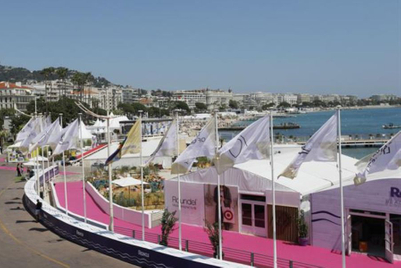
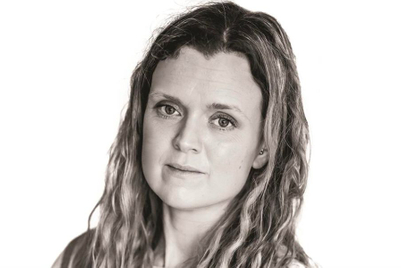
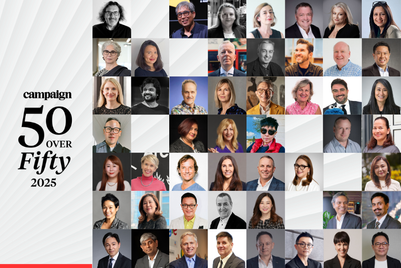
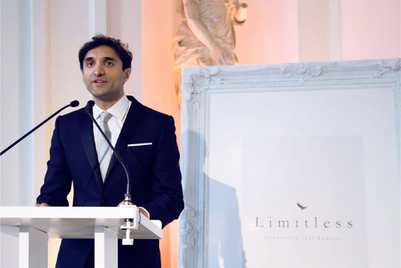
.jpg&h=268&w=401&q=100&v=20250320&c=1)
.jpg&h=268&w=401&q=100&v=20250320&c=1)
